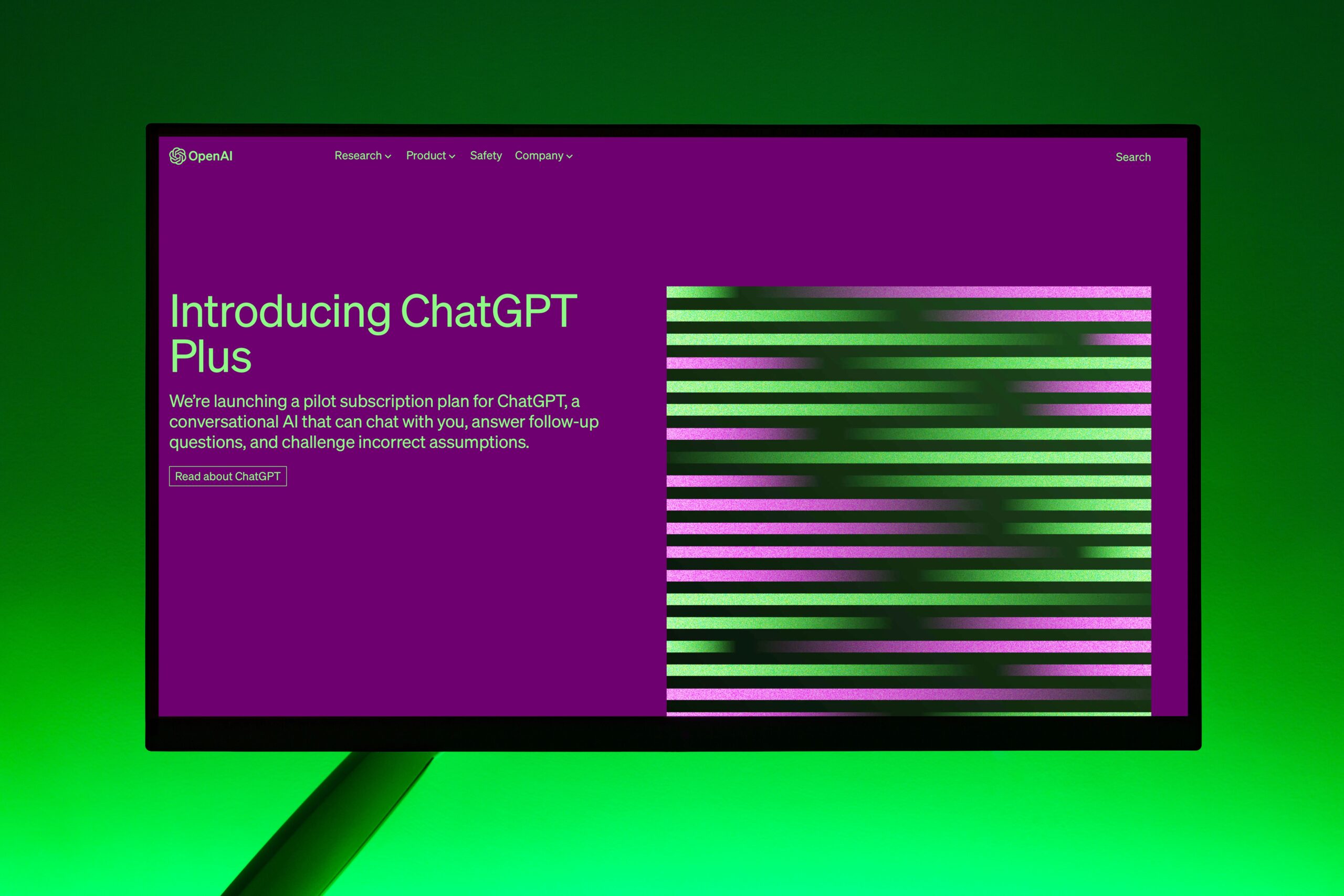How to Optimize Your Code for Faster Performance Using AI Tools

In today’s fast-paced digital world, performance matters. Many developers look for ways to make their code run faster. With AI tools, optimizing code has become simpler and more effective. This article will share steps to enhance your code’s performance using AI.
Understanding Code Optimization
Before diving into tools, let’s understand what code optimization means. Code optimization is the process of improving the efficiency of your code. It can help your program run faster, use less memory, and respond quickly. In other words, optimized code makes better use of computer resources.
Why Use AI for Code Optimization?
AI can analyze large amounts of data quickly. It identifies patterns and suggests improvements. When you use AI tools, you can save time and effort. Instead of manually testing each line of code, AI can automate these tasks. This leads to faster iterations and better results.
Steps to Optimize Your Code Using AI Tools
1. Identify Performance Bottlenecks
The first step in optimization is finding slow parts of your code. AI tools can help identify these bottlenecks. Tools like New Relic and AppDynamics can monitor your code’s performance. They show where your application is lagging. Once you locate the bottlenecks, you can tackle them directly.
2. Use AI-Powered Profilers
Profilers analyze your code’s performance. They provide insights into which functions are slow or use excessive resources. Tools like Py-Spy for Python or Visual Studio Profiler for .NET can track how long each part of your code takes to run. These AI-powered profilers are user-friendly and efficient. They help pinpoint the exact areas to optimize.
3. Leverage AI for Refactoring
Refactoring is the process of rewriting code to improve its structure. AI tools can suggest improvements in your code. For example, tools like Codacy and DeepCode analyze your codebase. They offer recommendations for cleaner and faster code. These tools not only check for performance issues but also ensure your code follows best practices.
4. Automate Code Reviews with AI
Code reviews are essential for maintaining code quality. However, manual reviews can be time-consuming. AI-driven tools like SonarQube and ReviewBot automate code reviews. They check for bugs, code smells, and performance issues. By incorporating these tools, you can ensure your code is optimized before it goes into production.
5. Optimize Algorithms with AI Insights
Choosing the right algorithm is crucial for performance. AI tools can suggest more efficient algorithms based on your data. For instance, if you are working with sorting, AI can recommend the best sorting algorithm for your dataset size and type. Utilizing these insights can significantly reduce processing time.
6. Take Advantage of AI for Resource Management
AI can help with resource allocation in your applications. Tools like Kubernetes use AI to optimize server usage automatically. They ensure that applications have enough resources when needed but also scale down during low demand. This leads to improved performance and cost savings.
7. Enhance Cache Usage
Caching can drastically improve application speed. AI tools can analyze user behavior and determine what data should be cached. Tools like Redis Insights assist in identifying hot data spots. This helps you cache the right data and enhance performance.
8. Implement Machine Learning Models for Prediction
Machine learning (ML) can also optimize code. ML models can predict user behavior and optimize resource allocation accordingly. For example, they can pre-load data based on anticipated user actions. This can make your application feel faster and more responsive.
9. Continuous Monitoring and Adaptation
Optimization is not a one-time task. You must continuously monitor your application’s performance. AI tools can provide ongoing insights. By using tools like Prometheus or Grafana, you can track performance metrics over time. These tools help you make informed decisions about future optimizations.
10. Stay Updated with AI Trends
AI and optimization techniques constantly evolve. Staying informed about the latest trends is vital. Follow tech blogs, attend webinars, and participate in online communities. Engaging with the developer community can expose you to new AI tools and strategies that could benefit your optimization efforts.
Conclusion
Optimizing your code for faster performance is crucial in today’s technology-driven world. AI tools make this process easier and more efficient. By using AI to identify bottlenecks, automate reviews, and suggest improvements, you can enhance your code’s performance significantly. Remember, optimization is an ongoing effort. Continuously monitor your application and adapt to new trends. By leveraging AI, you can stay ahead in the ever-competitive tech landscape.




